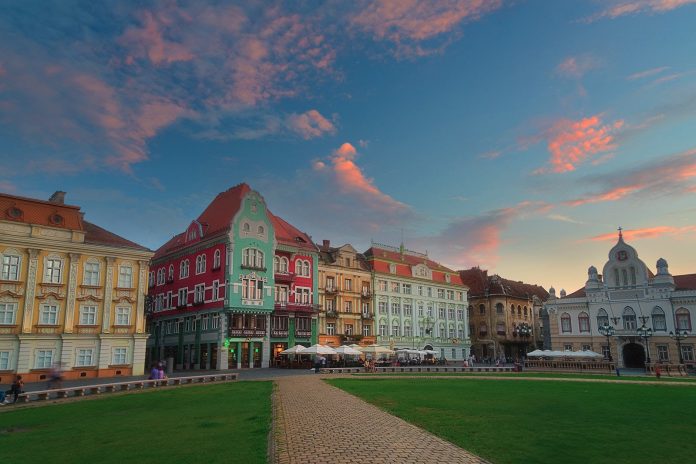The European Capital of Culture is a city designated by the European Union for a period of one calendar year during which it organizes a series of cultural events with a strong pan-European dimension. This year’s European Capitals of Culture are as follows: Elefsina (Greece), Veszprém (Hungary) and Timisoara (Romania).
The cities already started the preparations for the year-long programme of cultural events held to unlock travellers by highlighting their artistic and historic assets.
Elefsina is a port city with glorious historical past, filled with mythical stories about local Gods, founded in the 2nd millennium BC.. The city’s commission announced 130 projects, including 465 events, in more than 30 venues. The opening ceremony will be held on 4 February along the city’s waterfront and the theme will be “Mysteries of Transition”. According to Deutsche Welle, Elefsina is the smallest and oldest in the history of the European Capital of Culture programme, launched in the early 1980s.
Veszprém, one of Hungary’s oldest cities, near Balaton Lake, the largest lake in Central Europe, will launch this year’s programme on the weekend of 21st-22nd January. There will be “a spectacular celebration and accompanying cultural events to mark the bicentennial of the Hungarian national anthem and the Day of Hungarian Culture. Music, dance, arts and regional gastronomic delights await participants for two days and beyond,” as per the city’s website.
Timisoara, the last one on the list and the last one to hold the official opening on 17-19 February, has chosen the slogan “Shine your light!”. The city’s german-born mayor explained: “It is meant to show that everyone — male or female — has something to contribute, regardless of their background. Everyone can shine their light for society.”
“The intention is, that our program of culture will involve as many people as possible — not only as consumers of culture, but as participants — and allow people to experience places in the city in a new way. Timisoara’s heritage will shape Europe’s future, too.”
Source: dw.com










